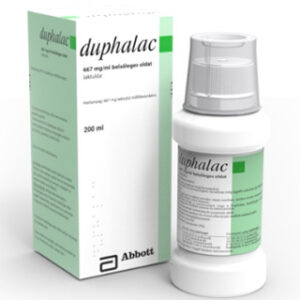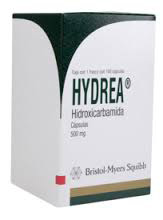Reminyl, also known as galantamine, is a medication used in the treatment of Alzheimer’s disease. It belongs to a class of drugs known as cholinesterase inhibitors and works by increasing the levels of a certain chemical in the brain that is important for memory and cognitive function.
Reminyl can help improve cognitive function, behavior, and the ability to perform daily activities in individuals with mild to moderate Alzheimer’s disease. It is not a cure for the disease, but it may slow down the progression of symptoms and improve quality of life.
This drug is available in tablet and liquid form and is typically taken orally. The dosage may vary depending on the individual’s age, weight, and specific condition. It is important to follow the prescribed dosage and instructions provided by the healthcare provider.
Avoiding Risks with Reminyl
Before taking Reminyl, it is important to consider certain contraindications to ensure the drug is safe and effective for use. It should not be taken if the individual:
- Has a known allergy or hypersensitivity to galantamine or any of the ingredients in the medication.
- Has severe liver or kidney disease.
- Has a history of stomach ulcers or bleeding.
- Is taking certain medications that may interact with Reminyl (discussed further in the following section).
Reminyl and Your Health
Like any medication, Reminyl may cause side effects in some individuals. Common side effects may include:
- Nausea
- Vomiting
- Diarrhea
- Loss of appetite
- Weight loss
- Dizziness
- Headache
- Insomnia
- Fatigue
- Muscle cramps
If any of these side effects persist or worsen, it is important to inform the healthcare provider. They may be able to adjust the dosage or recommend other interventions to manage these symptoms.
In some cases, Reminyl may also cause more serious side effects, including:
- Chest pain or irregular heart rate
- Severe stomach pain
- Bloody or black stools
- Difficulty urinating
- Seizures
If these severe side effects occur, immediate medical attention should be sought.
Dosing Information
The dosing of Reminyl may vary depending on the individual’s condition and response to the medication. It is important to follow the prescribed dosing instructions provided by the healthcare provider. Generally, the dosing recommendations for Reminyl are as follows:
| Stage of Alzheimer’s Disease | Starting Dose | Maintenance Dose |
|---|---|---|
| Mild to Moderate | 4 mg twice daily | 8-12 mg twice daily |
If a dose of Reminyl is missed, it should be taken as soon as possible. However, if it is close to the time of the next scheduled dose, the missed dose should be skipped and the regular dosing schedule should be resumed. Double dosing should be avoided to make up for a missed dose.
An overdose of Reminyl can lead to serious complications. Symptoms of overdose may include severe nausea, vomiting, excessive sweating, slow heart rate, fainting, seizures, and difficulty breathing. In case of overdose, immediate medical attention should be sought.
Reminyl and Other Medications
Reminyl may interact with certain medications, altering how they work or increasing the risk of side effects. It is important to inform the healthcare provider about all medications, supplements, and herbal products being taken, including:
- Anticholinergic medications
- Medications for heart rhythm disorders
- Nonsteroidal anti-inflammatory drugs (NSAIDs)
- Medications for asthma or chronic obstructive pulmonary disease (COPD)
- Medications for epilepsy or seizures
The healthcare provider will assess the potential interactions and may adjust the dosage or recommend alternative medications if necessary.
Questions and Answers for Reminyl
-
Q: Can Reminyl cure Alzheimer’s disease?
A: No, Reminyl cannot cure Alzheimer’s disease. However, it may help improve symptoms and slow down the progression of the disease. -
Q: Can I take Reminyl if I have a history of stomach ulcers?
A: Reminyl should be avoided if there is a history of stomach ulcers or bleeding. -
Q: What should I do if I miss a dose of Reminyl?
A: If a dose of Reminyl is missed, it should be taken as soon as possible. However, if it is close to the time of the next scheduled dose, the missed dose should be skipped and the regular dosing schedule should be resumed. -
Q: What are the common side effects of Reminyl?
A: Common side effects of Reminyl may include nausea, vomiting, diarrhea, loss of appetite, and headache. -
Q: Can Reminyl interact with other medications?
A: Yes, Reminyl may interact with certain medications, and it is important to inform the healthcare provider about all medications being taken to assess potential interactions.






Reviews
There are no reviews yet.